World Bank Warns of Record Debt Costs for Developing Countries
The New York Times: Banking
DECEMBER 3, 2024
The World Bank warned in a new report that poor countries will be stuck in economic “purgatory” without debt relief.
This site uses cookies to improve your experience. To help us insure we adhere to various privacy regulations, please select your country/region of residence. If you do not select a country, we will assume you are from the United States. Select your Cookie Settings or view our Privacy Policy and Terms of Use.
Cookies and similar technologies are used on this website for proper function of the website, for tracking performance analytics and for marketing purposes. We and some of our third-party providers may use cookie data for various purposes. Please review the cookie settings below and choose your preference.
Used for the proper function of the website
Used for monitoring website traffic and interactions
Cookies and similar technologies are used on this website for proper function of the website, for tracking performance analytics and for marketing purposes. We and some of our third-party providers may use cookie data for various purposes. Please review the cookie settings below and choose your preference.

The New York Times: Banking
MAY 12, 2024
The Justice companies have long had a reputation for not paying their debts. But that may be catching up to them.
This site is protected by reCAPTCHA and the Google Privacy Policy and Terms of Service apply.

The New York Times: Banking
AUGUST 23, 2024
More borrowers have been falling behind on their credit card bills and are paying more for basic banking services, like A.T.M.

Mergers and Inquisitions
DECEMBER 4, 2024
This partially explains why sports investment banking has become a hot field, with JP Morgan and Goldman Sachs launching their own sports coverage groups. For a long time, sports teams and franchises were not worth that much, so banks rarely put their “A-Teams” on these deals. What is Sports Investment Banking?

The New York Times: Banking
SEPTEMBER 29, 2023
Banks hold enormous amounts of real estate debt, and regulators are nervous. But a fast-moving crisis is unlikely because the government has extensive control of the system.

The New York Times: Banking
AUGUST 27, 2024
Crushing obligations to foreign creditors that have few precedents have sapped numerous African nations of growth and stoked social instability.

The New York Times: Banking
SEPTEMBER 21, 2023
A financially troubled firm has stopped paying investors, risking panic and testing the Chinese government’s resolve to take on debts from its property crisis.

The New York Times: Banking
AUGUST 18, 2023
Debt rose to more than $1 trillion in the second quarter, a report found — a sign of financial strain for some, even before student loan payments resume.

The New York Times: Banking
JUNE 7, 2023
The government has avoided default, but the effects of the debt-ceiling brinkmanship may still ripple across the economy.

The New York Times: Banking
FEBRUARY 8, 2024
Bank tremors serve as a reminder: Just because a crisis hasn’t hit immediately doesn’t mean commercial real estate pain isn’t coming.

The New York Times: Banking
DECEMBER 20, 2023
Buying mattresses, clothes and other goods on installment plans has propped up spending, but economists worry that such loans could put some people at risk.

The New York Times: Banking
OCTOBER 8, 2023
Instead of receiving funds to address the climate crisis, Africa is borrowing money at a cost up to eight times higher than the rich world to rebuild.

The New York Times: Banking
SEPTEMBER 18, 2023
The government of Ghana is essentially bankrupt, and has turned to the International Monetary Fund for its 17th financial rescue since 1957.

The New York Times: Banking
DECEMBER 16, 2023
Economists offer alternatives to financial safeguards created when the U.S. was the pre-eminent superpower and climate change wasn’t on the agenda.

How2Exit
NOVEMBER 25, 2024
The Roll-Up Strategy REVEALED - Watch Here About the Guest(s): Matt Duckworth is the CEO and founder of Rhapsodi, a financial services firm based in Little Rock, Arkansas. His career transitioned into investment banking and fractional CFO services, where he developed significant expertise in mergers and acquisitions, particularly roll-ups.
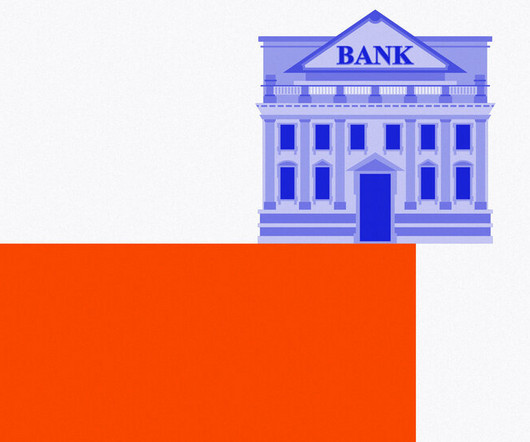
The New York Times: Banking
JANUARY 22, 2024
With unlikely allies, big banks are resisting regulators’ plan to strengthen them.

The New York Times: Banking
JULY 26, 2024
Financial regulators and consumer advocates frown upon using credit cards to pay off installment loans because of the risk that consumers will dig themselves further into debt.

The New York Times: Banking
AUGUST 23, 2024
More borrowers have been falling behind on their credit card bills and are paying more for basic banking services, like A.T.M.
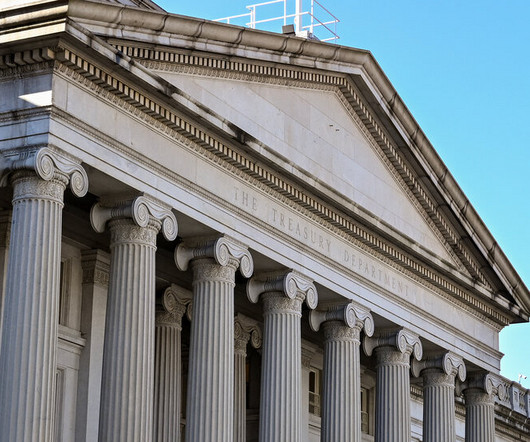
The New York Times: Banking
MAY 26, 2023
Here’s a look at what markets are expecting and planning for, and how a default might happen.

Wall Street Mojo
JANUARY 15, 2024
What is a Collateralized Debt Obligation? It happens when capital borrowers like banks, big companies, and other financial institutions lose capital provider's trust like depositors, investors, and capital markets. Table of contents What is a Collateralized Debt Obligation? read more it may cause.

The New York Times: Banking
JANUARY 16, 2024
percent, as China worked to export more to make up for weak demand, high debt and a steep property contraction at home. Gross domestic product expanded 5.2

The New York Times: Banking
DECEMBER 13, 2023
The Fed’s rate increases since March 2022 have sent shock waves through financial markets, raising borrowing costs on things like mortgages and government debt and weighing on the stock market.

Midaxo
OCTOBER 12, 2023
Operational debt is as serious as tech debt. Additional Q&A with Mart Lumeste: Q: How Do You Uncover and Evaluate the Extent of Technical Debt? Organizations usually incur technical debt when the cost of adding additional features increases (e.g., Reducing the debt requires a plan and management buy-in.

The New York Times: Banking
FEBRUARY 2, 2024
Legislation that went into effect this year makes it easier for student loan borrowers to save for retirement while paying down their debt.

The New York Times: Banking
JUNE 14, 2023
The banks at the center of the recent crisis, like Western Alliance, are engaged in collective soul-searching.
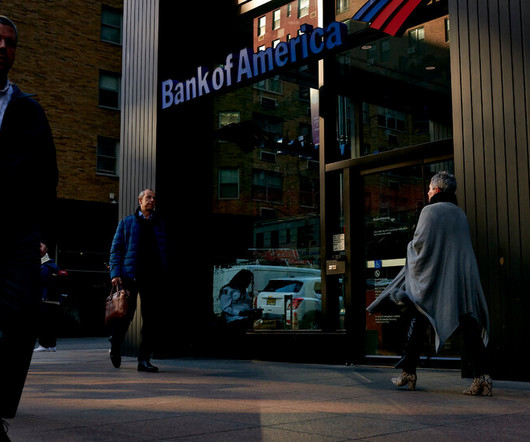
The New York Times: Banking
JULY 18, 2023
One of the nation’s largest banks reported across-the-board strength in its latest quarter, with sales and earnings that surpassed analysts’ expectations.

The New York Times: Banking
OCTOBER 1, 2024
A Treasury official will call for greater transparency over emergency currency “swap” loans to struggling countries by China’s central bank.

The New York Times: Banking
MARCH 20, 2024
Higher rates benefit those who can save, but for borrowers, falling rates would reduce bills on credit cards, student loans and other forms of debt.
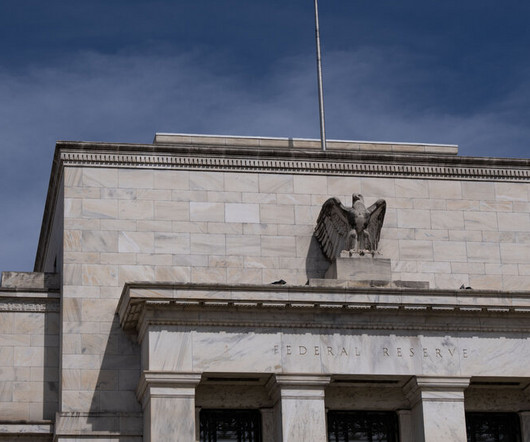
The New York Times: Banking
SEPTEMBER 17, 2024
For corporate America, this week’s expected interest rate cut carries risks along with rewards.

The New York Times: Banking
JANUARY 30, 2024
The central bank is widely expected to lower interest rates this year. But with growth and consumer spending chugging along, explaining it may take some work.

The Harvard Law School Forum
JUNE 27, 2023
Following the consecutive collapses of Silicon Valley Bank (“SVB”) and Signature Bank in March, other regional banks have been under pressure. This news, coupled with First Republic having a high percentage of uninsured deposits, triggered a run on the bank, causing a liquidity crisis that the bank could not quell. [1]

The New York Times: Banking
JULY 31, 2024
Higher rates benefit those who can save, but for borrowers, falling rates would reduce bills on credit cards, home equity loans and other forms of debt.

Wizenius
MARCH 30, 2023
An Asset Reconstruction Company (ARC) is a specialized financial institution that acquires non-performing assets (NPAs) or distressed assets from banks or financial institutions at a discounted price. The assets can include non-performing loans, bad debts, and other distressed assets.

The New York Times: Banking
AUGUST 22, 2023
Beijing has often addressed economic troubles by boosting spending on infrastructure and real estate, but now heavy debt loads make that a hard playbook to follow.

The New York Times: Banking
AUGUST 20, 2023
Beijing wanted to cool its housing market, but created a bigger problem, as the fallout from debt-laden developers and sinking sales spreads to the broader economy.

The New York Times: Banking
MAY 1, 2024
Higher rates benefit those who can save, but for borrowers falling rates would reduce bills on credit cards, home equity loans and other forms of debt.

The New York Times: Banking
JUNE 2, 2023
debt default, yet they remain more attractive than just about everything else, our columnist says. Treasuries have been threatened by a possible U.S.
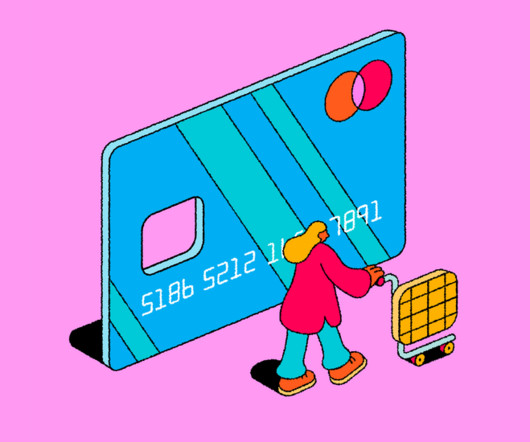
The New York Times: Banking
FEBRUARY 23, 2024
Comparison sites often emphasize the big banks’ offerings even though smaller banks and credit unions typically charge significantly less.

The New York Times: Banking
JUNE 6, 2023
A new report projects that economic growth will slow this year and remain weak in 2024.
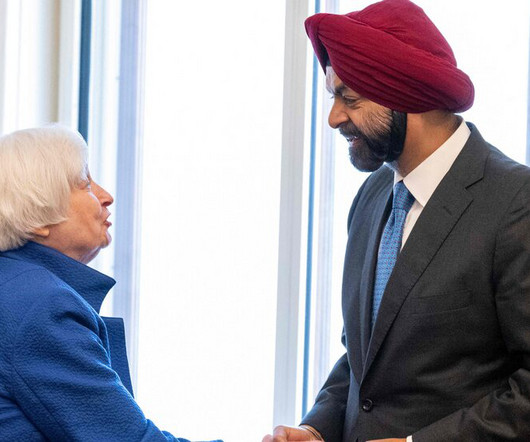
The New York Times: Banking
JUNE 2, 2023
The incoming president will be under pressure to juggle the global institution’s ambitions to combat climate change and fight poverty.

Razorpay
DECEMBER 15, 2024
What is Private Banking? Private banking is a personalized financial and wealth management service provided by banks to high-net-worth individuals (HNWIs). Unlike retail banking, which caters to the general public, private banking focuses on delivering banking services for affluent individuals and businesses.

The New York Times: Banking
JANUARY 31, 2024
Higher rates benefit those who can save, but for borrowers, falling rates would reduce bills on credit cards, student loans and other forms of debt.
Expert insights. Personalized for you.
We have resent the email to
Are you sure you want to cancel your subscriptions?



Let's personalize your content